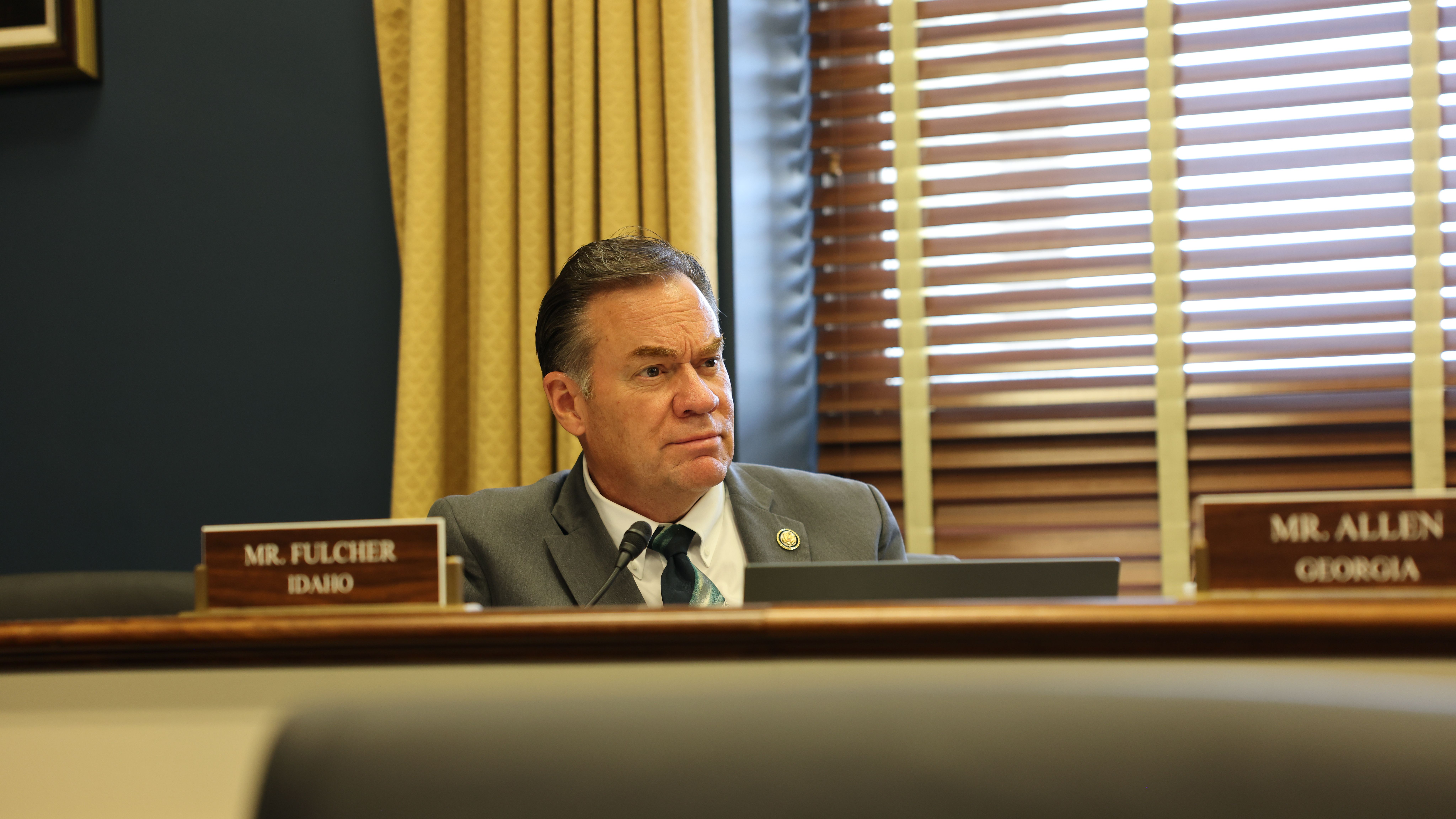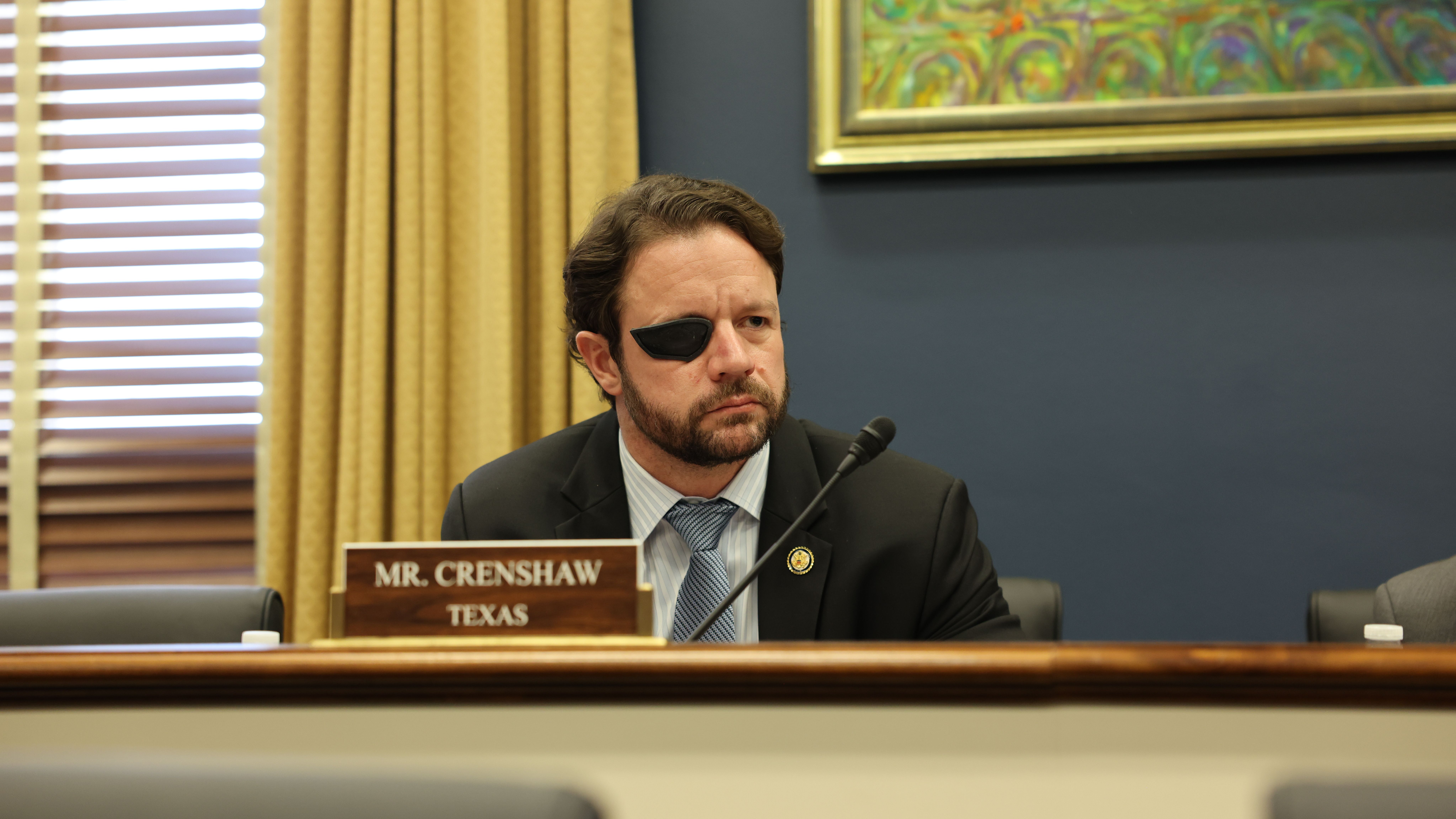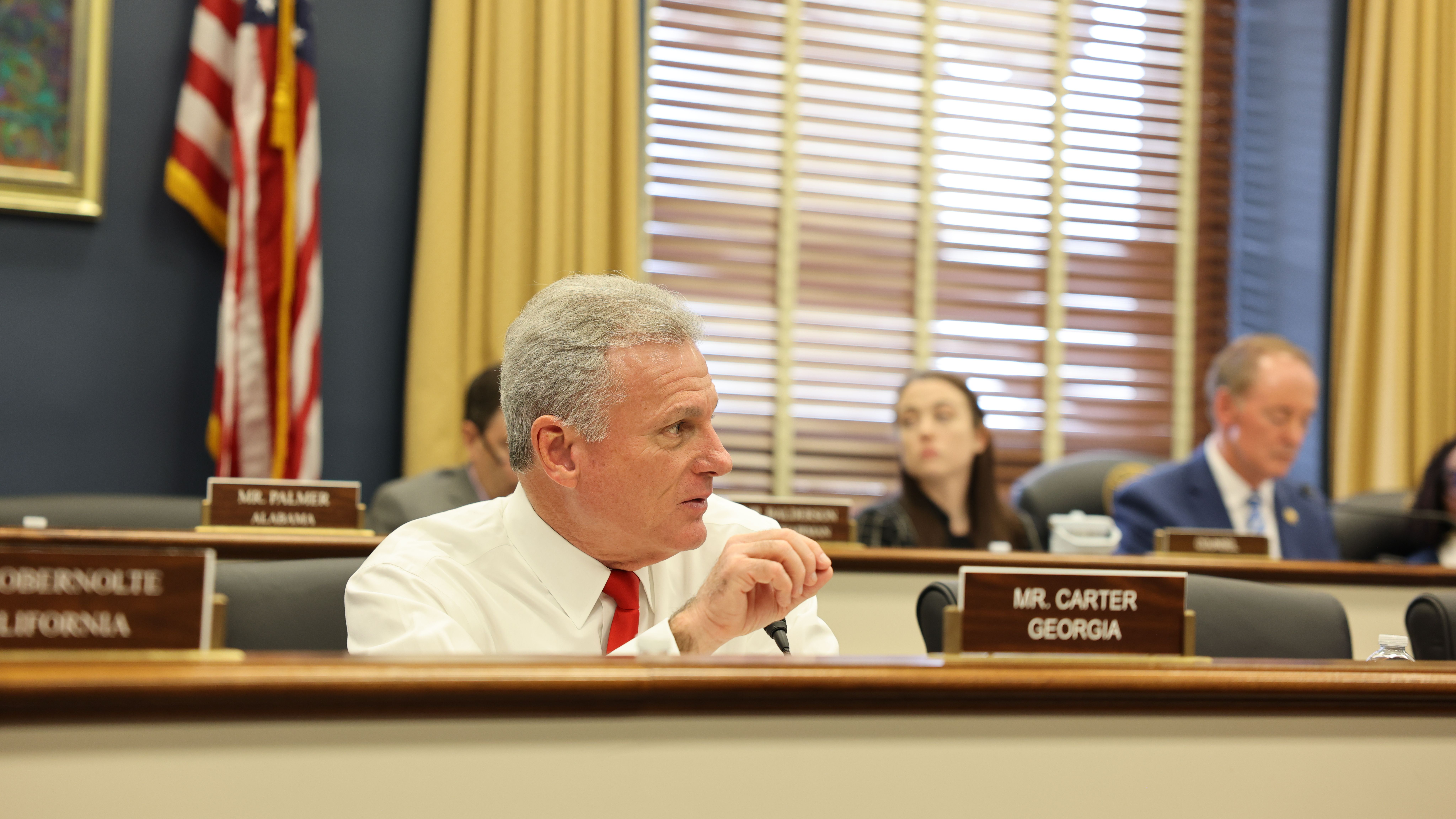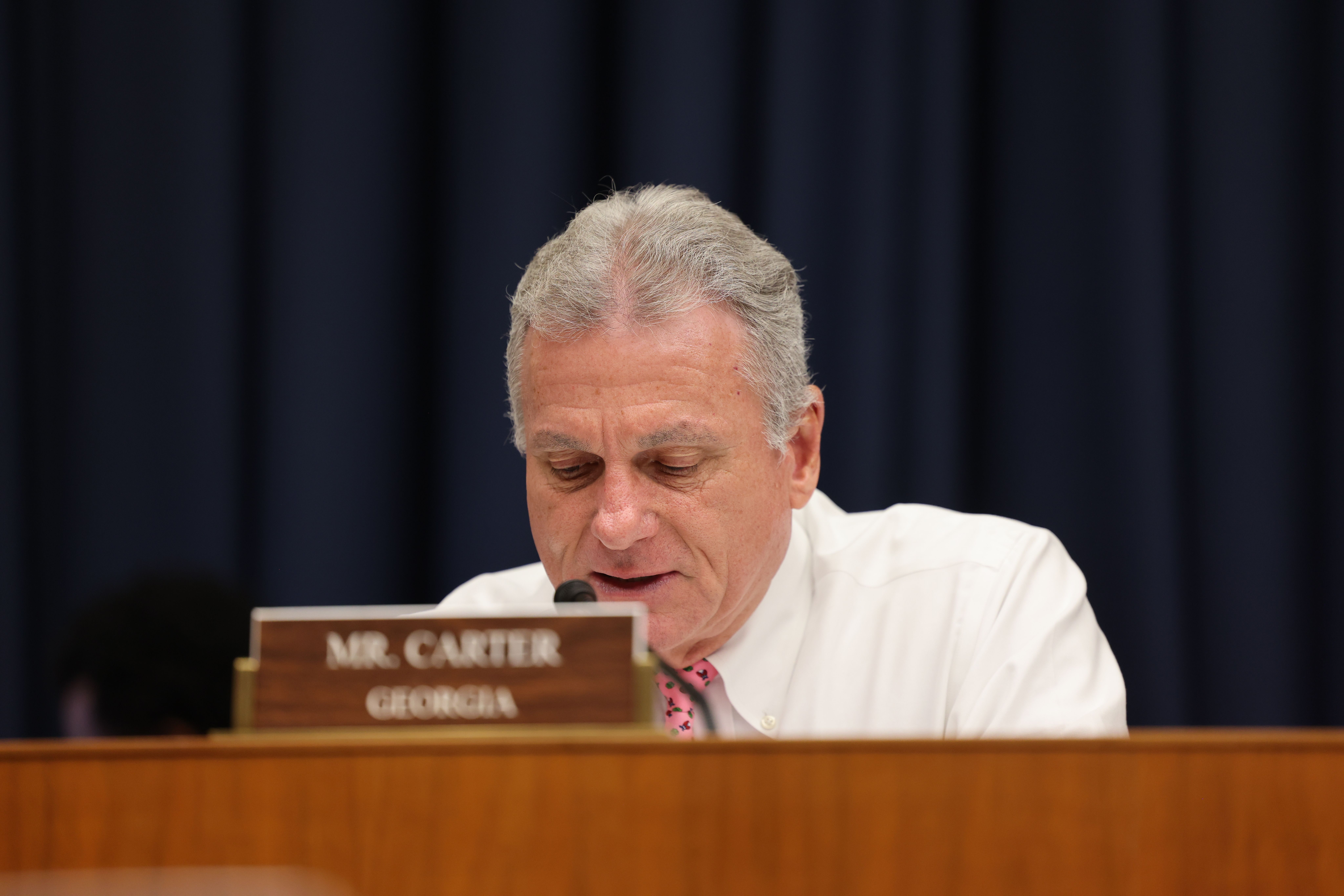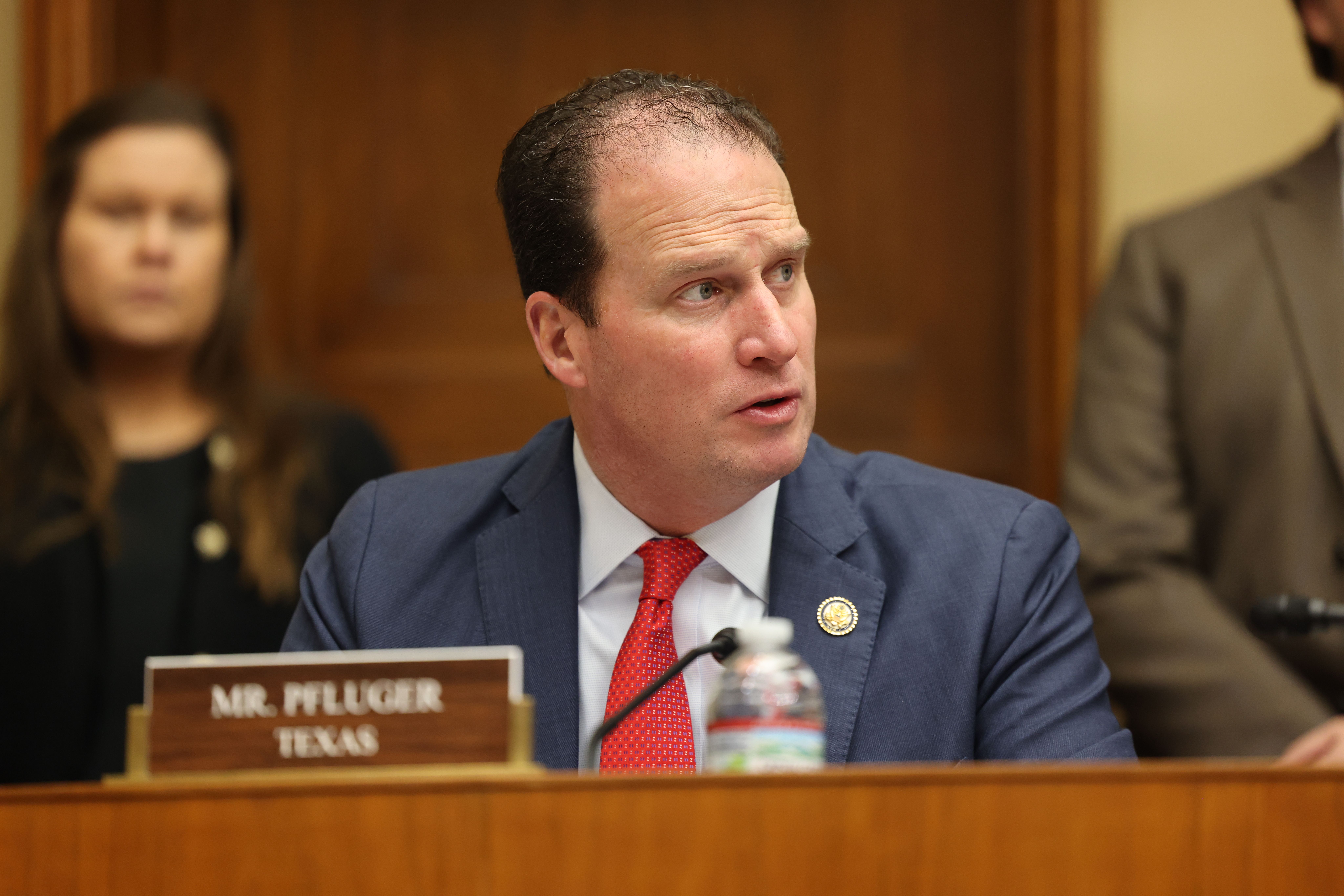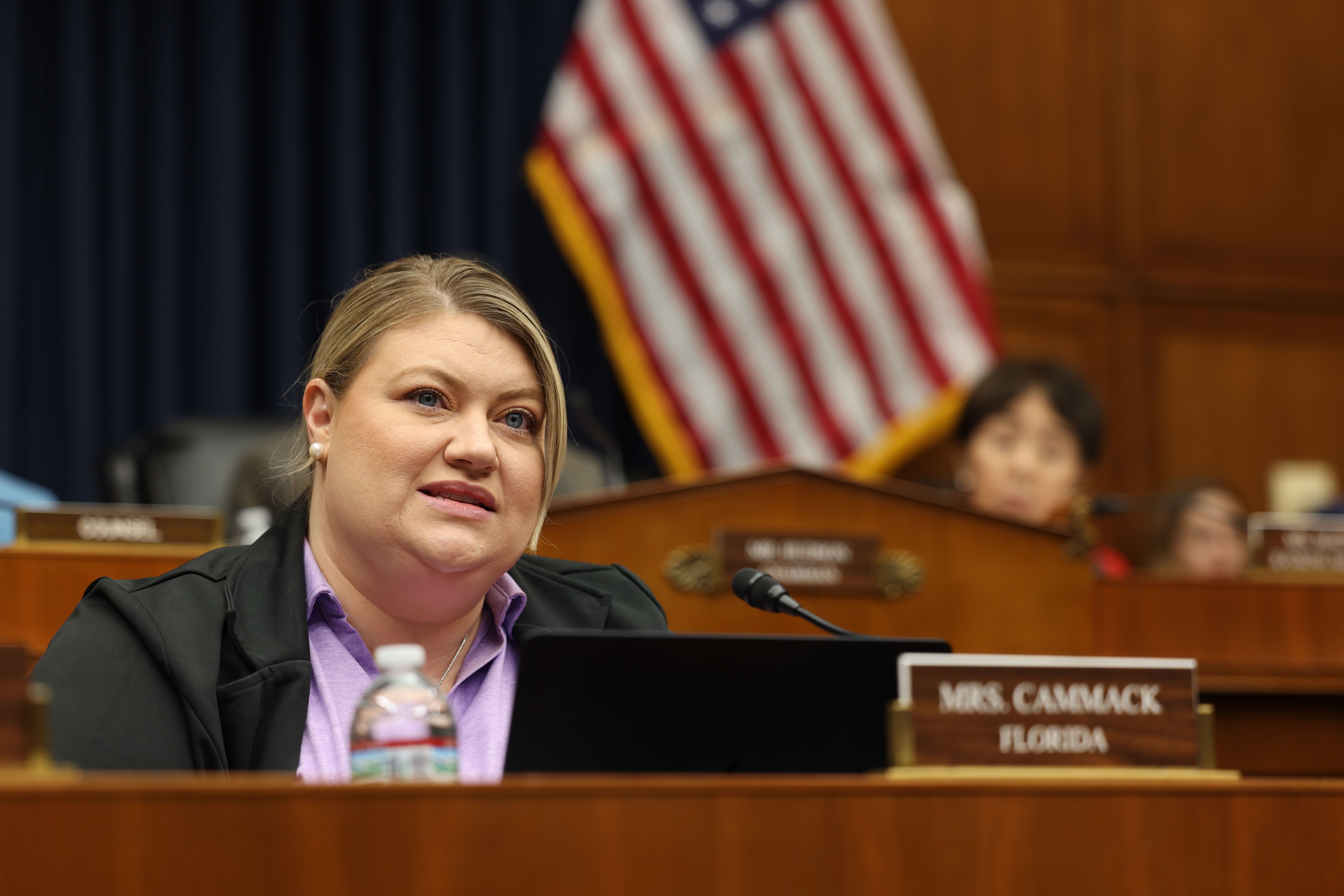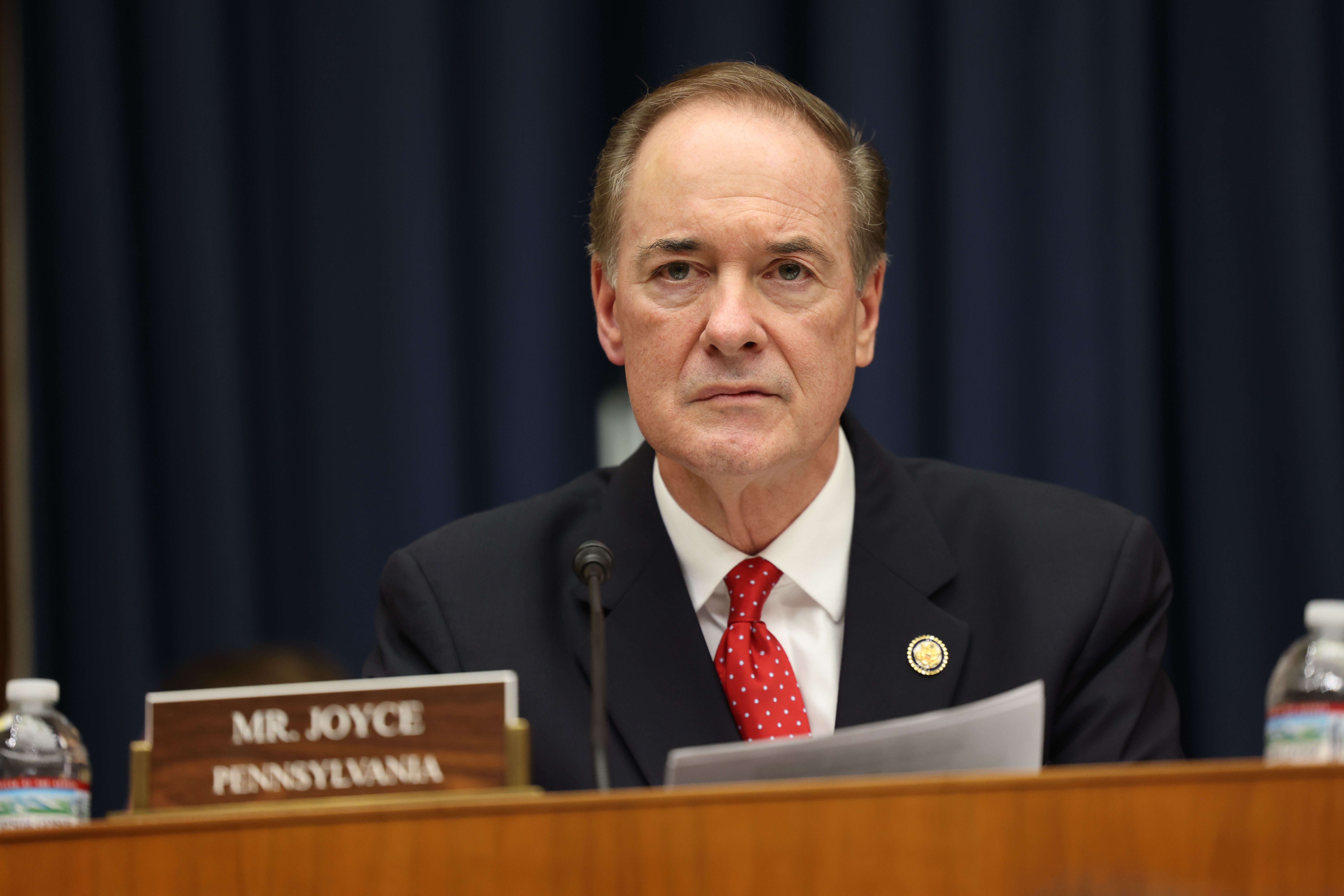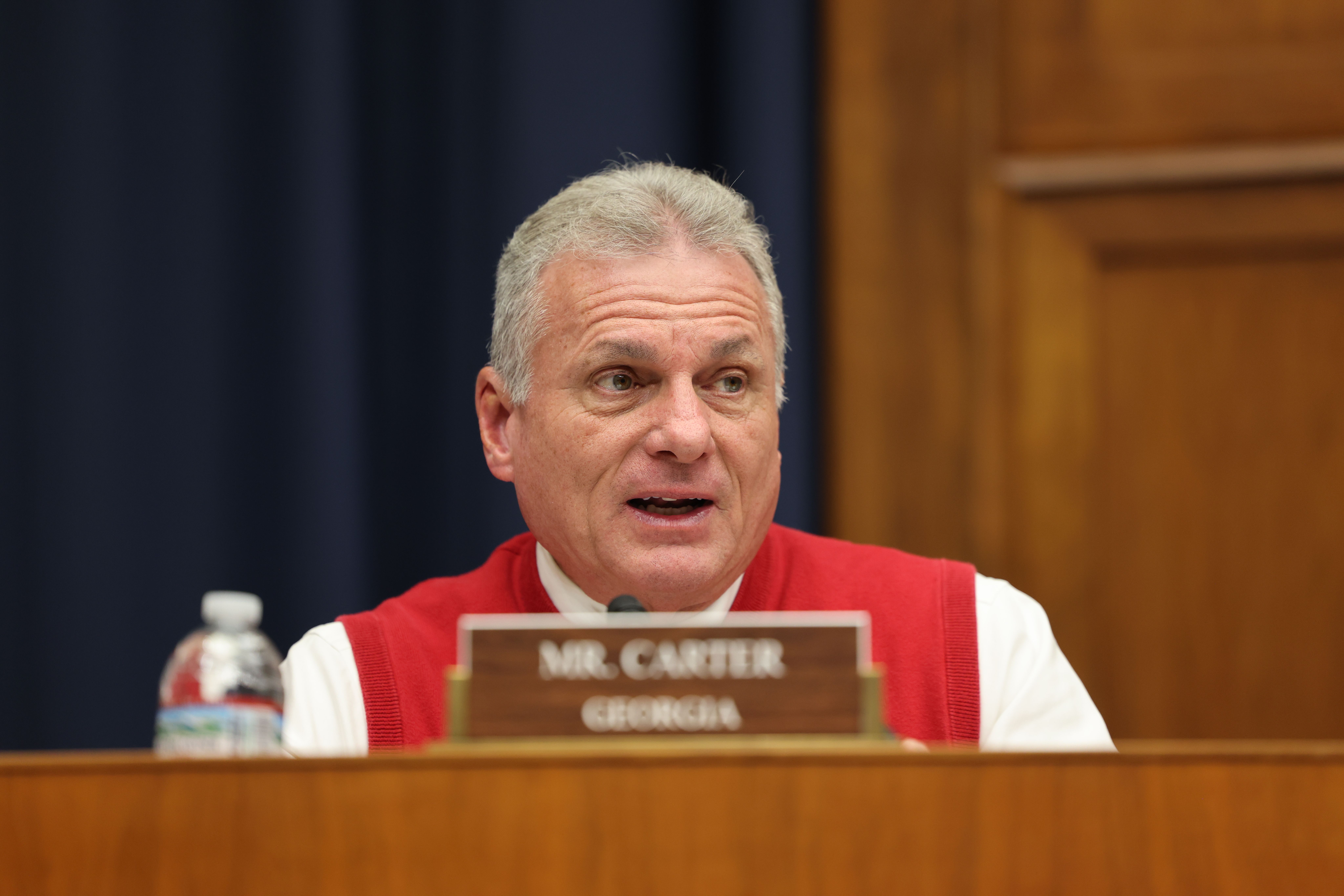O&I Subcommittee Holds Hearing on Ongoing Fraud in Medicare and Medicaid Programs
WASHINGTON, D.C. – Today, Congressman John Joyce, M.D. (PA-13), Chairman of the Subcommittee on Oversight and Investigations, led a hearing titled Common Schemes, Real Harm: Examining Fraud in Medicare and Medicaid.
“What’s happening in Minnesota’s Medicaid program is deeply concerning and requires robust Congressional oversight; however, it is just the tip of the iceberg,” said Chairman Joyce. “Medicare and Medicaid fraud has been occurring in communities across the U.S. for decades, diverting necessary resources from patients in need. It is our duty to protect these programs for our most vulnerable Americans.”
Watch the full hearing here.
Below are key excerpts from today's hearing:
Congressman Russ Fulcher (ID-01): “I’m from the state of Idaho—which, sometimes, may not be the first state you think about when there might be fraud, but that is kind of the basis of my question. Have you noticed any trends where states might get targeted or regions might get targeted as a function of potentially them having a lower barrier for entry, or maybe perceived as not being as likely to be audited?” Ms. Gay: “Absolutely. We talk a lot in the industry how [fraud] can be regionally generated. It tends to start in one particular area, and then I don’t know if they’re all hanging out, talking to each other, or how that spreads, but it does tend to start in certain populations and then branch out from there based on controls.” Mr. Fulcher: “What if the bad actor is a foreign actor? How much of that do you see? And if so, what kind of a challenge does that bring to potentially pursuing that fraud, if it’s perpetrated by a foreign actor?” Ms. Wooten: “Certainly, states have seen both fraud cases perpetrated by foreign and by U.S. citizens or people in the U.S., and from our perspective, as being a Medicaid Fraud Control Unit, it makes no difference. We look at allegations, try to identify whether there is something we can do about them? Is the dollar amount something we can pursue? Are we going to be able to get value back for the Medicaid program? Do we have the laws in place to prosecute whatever type of fraud is referred? And we move forward with that investigation.”
Congressman Dan Crenshaw (TX-02): “So what’s the solution here? I mean, some argue stronger oversight would actually threaten access to care, but based on your experience, what actually happens to access when fraud is not controlled? Who bears the brunt of this?” Ms. Gay: “I think there’s certainly the patient-harm attribute you mentioned—you know, not getting the care that you need. […] We dealt with some cases with ACA enrollments, and by the time we verified with CMS that those were eligible recipients, the health plan was already on the hook for $1, $2, $3 million. Were these patients even receiving the care? In some cases, yes. In other cases, they had no idea that they were in a facility for such treatment. […] Now you have somebody that doesn’t even have that challenge, but that is now on their record. And even worse—those that do, that are getting subpar treatment at a very exorbitant rate and still not getting better.”
Congressman Buddy Carter (GA-01): “Auditors found 112 hospice providers operating out of a single physical address. 112...holy cow. As a result, hospice agencies in LA County alone likely overbilled Medicare by $105 million in just one year. […] It looks like it’s a problem in a lot of different places. And that’s why I want to ask you, Ms. Wooten, have you seen instances of copycats where fraudsters see a successful fraud scheme happening in one location, so they try to replicate the same fraud elsewhere?” Ms. Wooten: “Absolutely. We definitely see replicated fraud schemes in hospices; an excellent example. I share your concerns about home health and hospice because I owned a home health agency for many years, and I didn’t even choose to be a hospice because there were specialized agencies that could handle that part, and we would refer to them under the right circumstances. What we now see, though—hospices who are admitting patients who are not terminally ill, patients who don’t know they were put on hospice, patients who maybe aren’t getting treatments that they need, because the hospice philosophy, as you know, is for comfort care, not for treating illnesses. We have seen the same thing in Utah that the hospices have exploded. Now, I’m not saying they’re all fraudulent either, but absolutely; fraudsters learn from fraudsters and it’s an area we have to investigate.”

